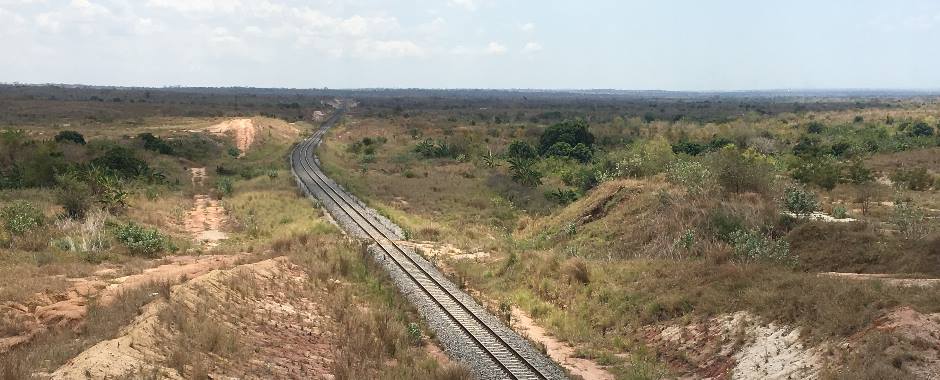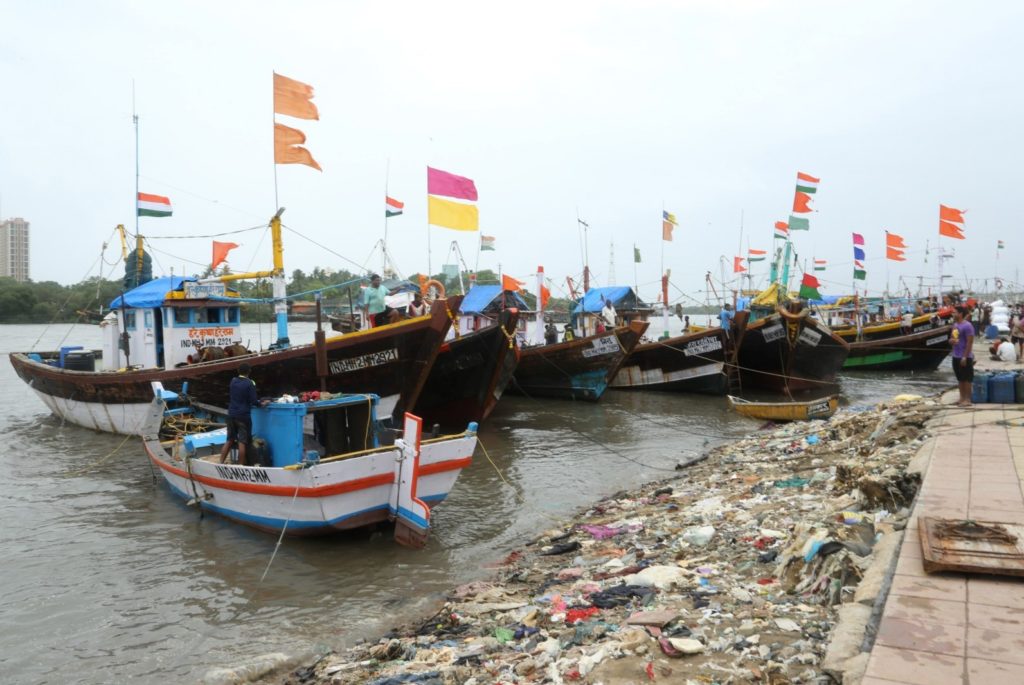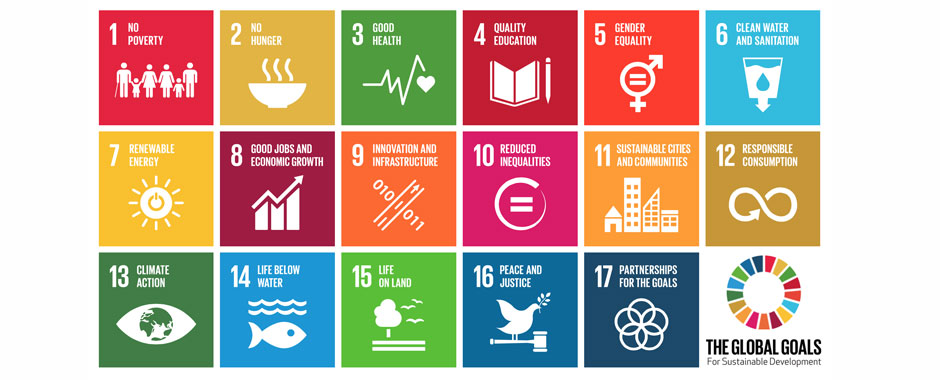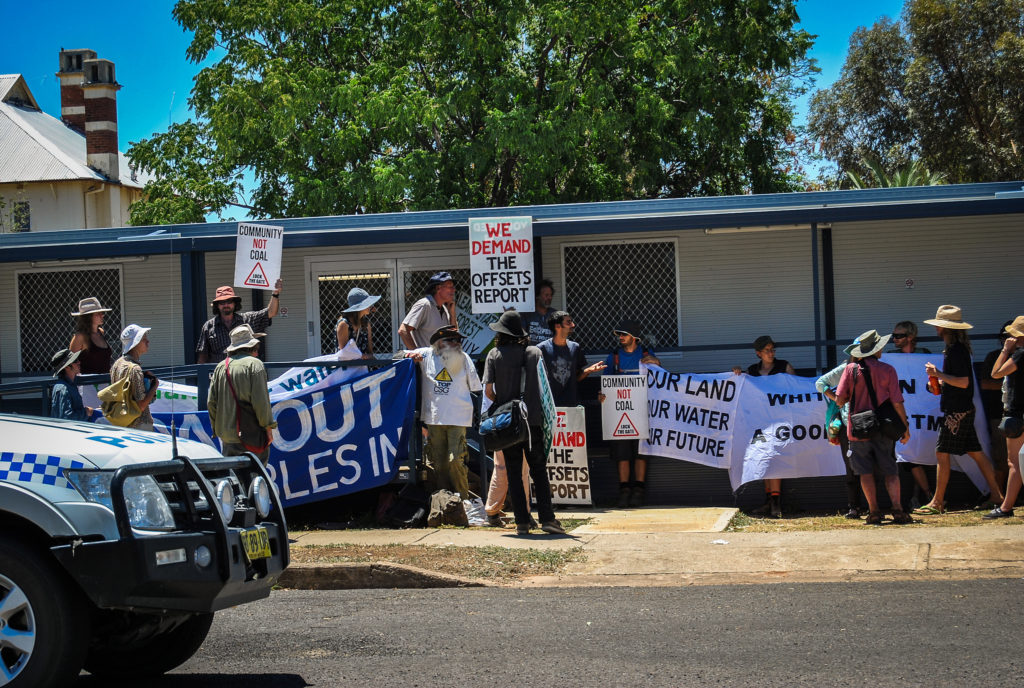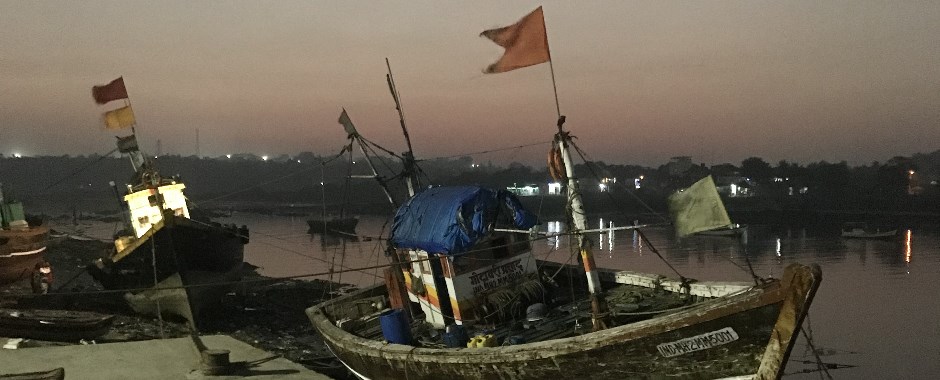As countries across Europe await the results of the European Union elections, the campaigns of authoritarian and populist political movements are once again in the news. A new collection of…
EU Elections: what does populism mean for rural people?
The Chinese Belt and Road Initiative: what’s in it for Africa?
The huge Belt and Road Initiative (BRI) Forum recently concluded in Beijing. 37 heads of state attended, along with droves of policy advisors and numerous thinktanks and research institutes, including…
Cities, Uncertainty and Systems Change
Depending who and where you are in the world, you will be experiencing the effects of climate change differently. Here in the UK, the recent hot-weather days in February might…
Realising the SDGs: why a sustainable livelihoods approach can help
The Sustainable Development Goals (SDGs) were launched with great fanfare in September 2015. This was an ambitious agenda for the whole world, aiming to transform development towards sustainability, while leaving…
Poverty traps: a short film about how people in rural Appalachia see poverty
Poverty is often described as a ‘trap’. How does this reflect the perception of people who live with poverty in their everyday lives? Researchers often use the words ‘poverty trap’…
Water crisis’ disproportionate toll on women can no longer be ignored
STEPS member Lyla Mehta has written an article with Ria Basu for the Indian magazine Firstpost about the impacts of ‘water crisis’ on women. Often, access to water is about…
Destruction-prone conservation policies: one pathway to sustainability?
By Niak Sian Koh (Stockholm Resilience Centre, Sweden) and Amos Ochieng (Department of Forestry, Biodiversity and Tourism, Makerere University, Uganda) In an attempt to address the crucial problem of biodiversity…
Reflections on Authoritarian Populism: Democracy, Technology and Ecological Destruction
Using anarchist critique to unearth the ‘roots’ of authoritarian populism can offer a productive gateway for understanding the origins and continuation of socio-ecological and economic crises. The language of ‘authoritarian…
Should political ecology be populist?
By Diego Andreucci Political ecology should take populism seriously, not only because of its authoritarian or regressive manifestations, but also for its transformative potential. The rise of right-wing populism is intimately…
Views from the coast: uncertainty beyond climate change
Coastal areas are a poster child for climate vulnerability. They are marked and scarred by sea level rise, salinization, warming water, declining fish stocks, storms, changes in currents and weather…

